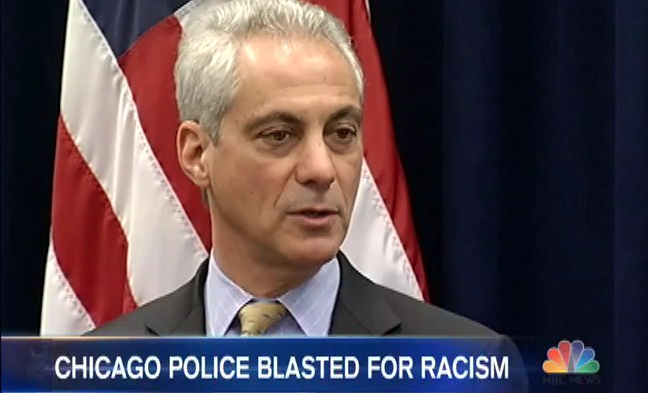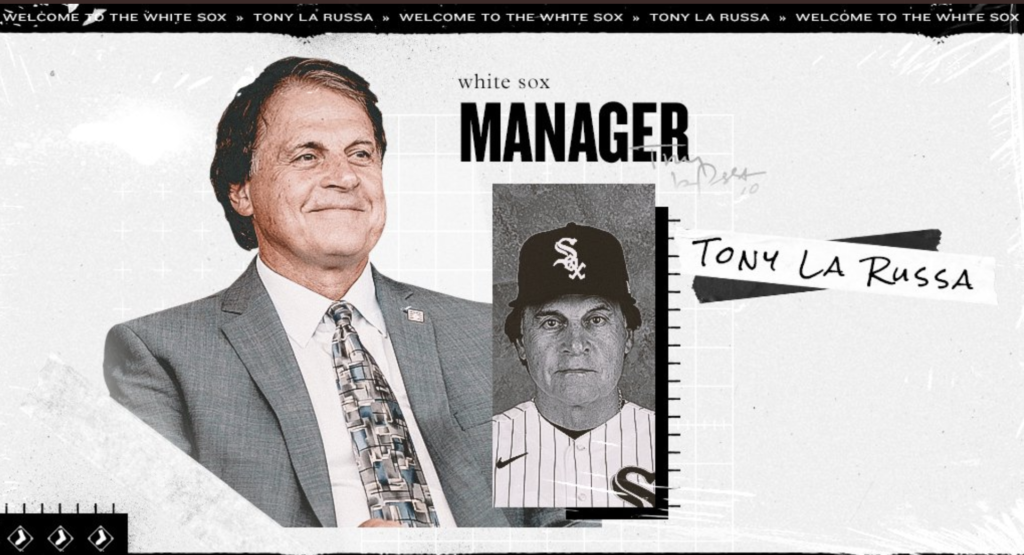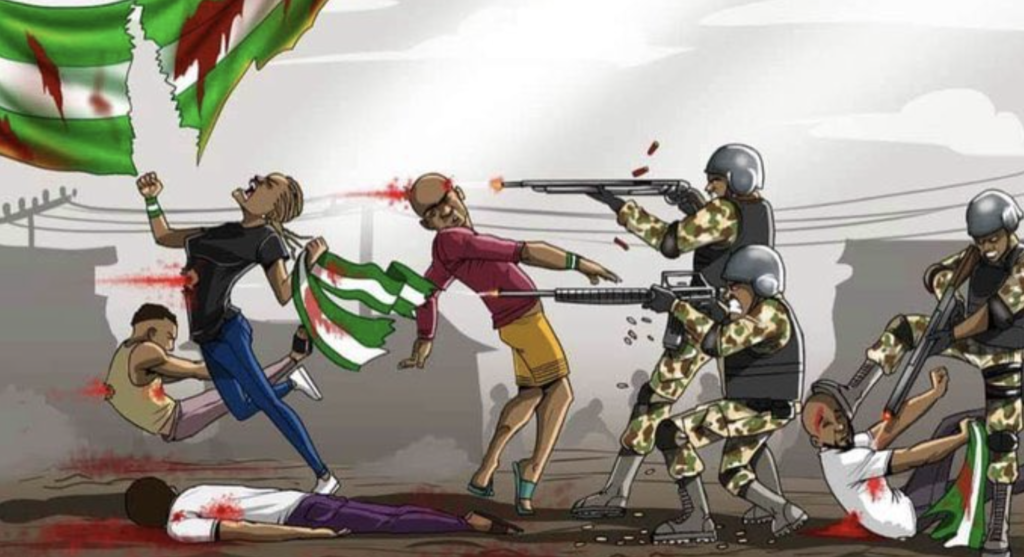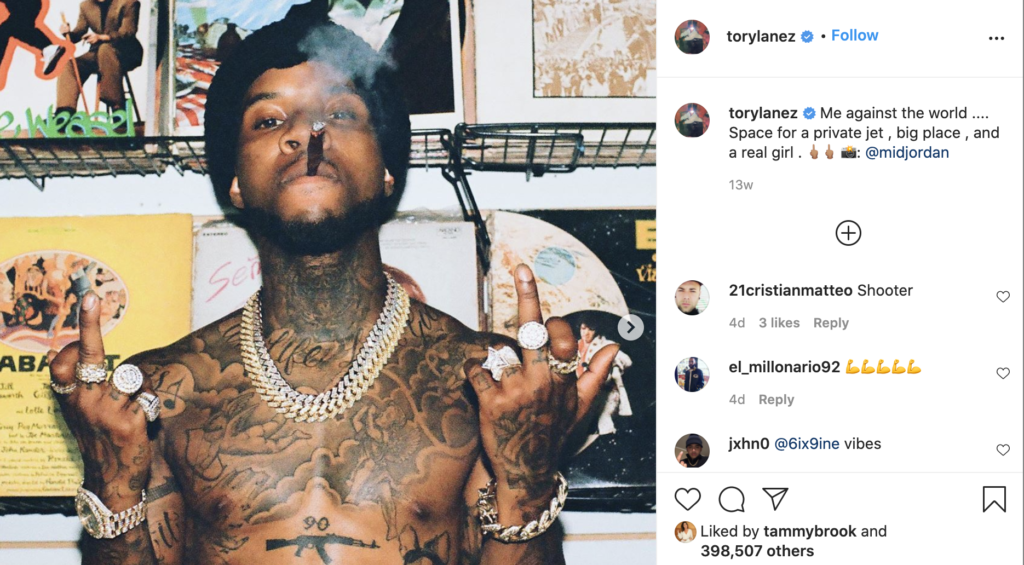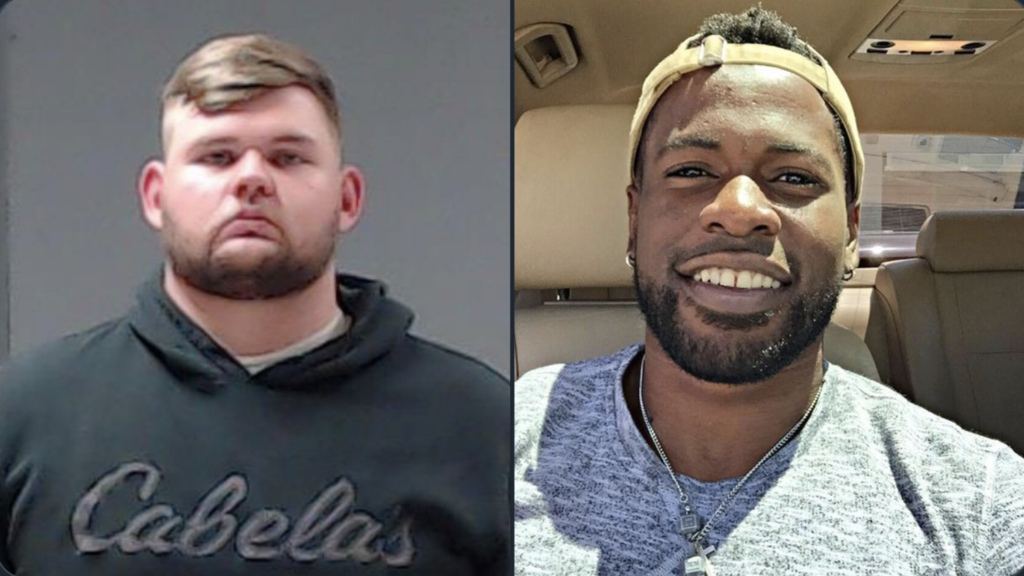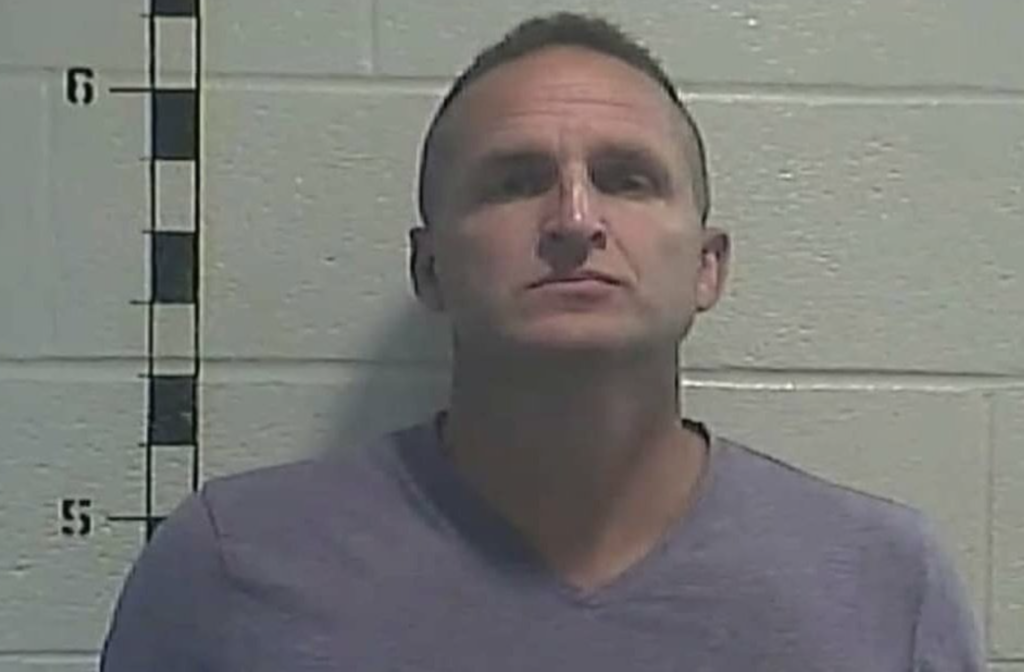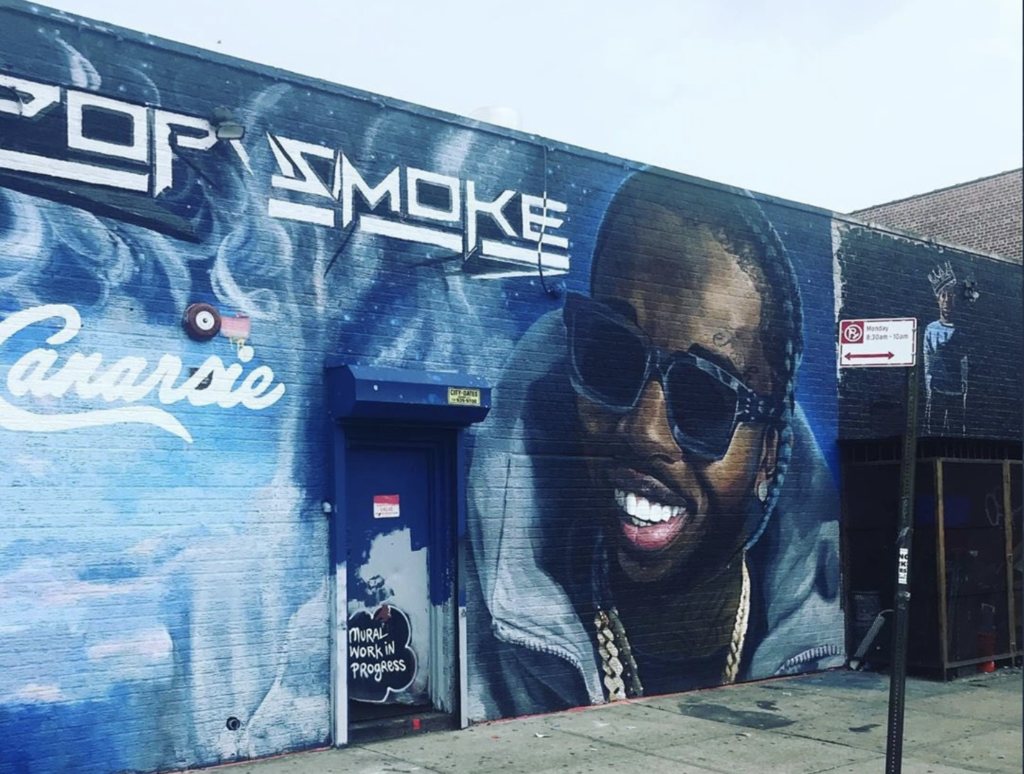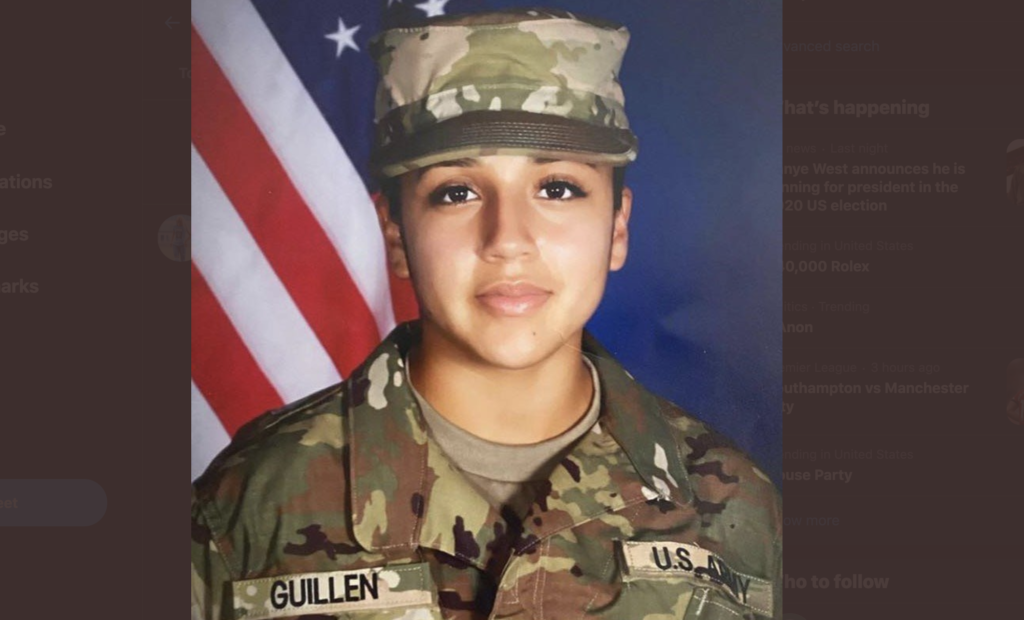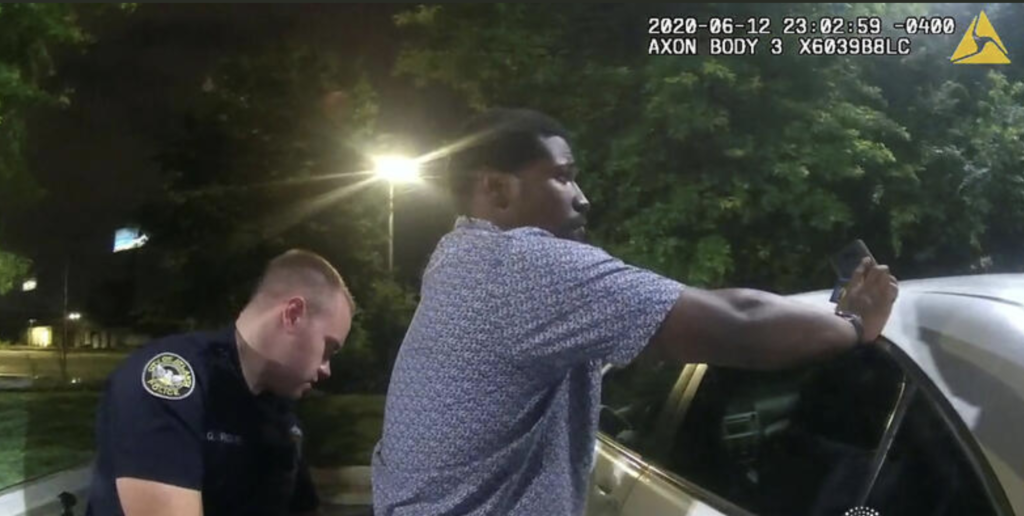Racism has contributed to a long pattern of institutional failures by the Chicago Police Department in which officers have mistreated people, operated without sufficient oversight, and lost the trust of residents, a task force appointed by Mayor Rahm Emanuel has found.
“C.P.D.’s own data gives validity to the widely held belief the police have no regard for the sanctity of life when it comes to people of color,” the task force wrote. “Stopped without justification, verbally and physically abused, and in some instances arrested, and then detained without counsel — that is what we heard about over and over again.”
The report reinforces complaints made for decades by African-American residents who have said they were unfairly singled out by officers without justification on a regular basis, then ignored when they raised complaints.
The report reinforces complaints made for decades by African-American residents who have said they were unfairly singled out by officers without justification on a regular basis, then ignored when they raised complaints.
It comes at a pivotal moment for the nation’s second-largest municipal police force, which is being intensely criticized by residents and is under scrutiny from the Justice Department. And, coming from Mr. Emanuel’s own appointees, the findings intensify pressure on him and other Chicago leaders to make substantive, swift changes.
The report makes more than 100 specific recommendations for change, and task force members called on the mayor and the City Council to take action. After formally receiving the report, Mr. Emanuel had no immediate public reaction.
The task force amassed data that shows the extent to which African-Americans appear to have been disproportionately focused on by the police. In a city where whites, blacks and Hispanics each make up about one-third of the population, 74 percent of the 404 people shot by the Chicago police between 2008 and 2015 were black, the report said. Black people were the subjects in 72 percent of the thousands of investigative street stops that did not lead to arrests during the summer of 2014.
Three out of every four people on whom Chicago police officers tried to use Taser guns between 2012 and 2015 were black. And black drivers made up 46 percent of police traffic stops in 2013.
The community’s lack of trust in C.P.D. is justified,” according to the report, a draft summary of which was first reported in The Chicago Tribune on Tuesday afternoon. “There is substantial evidence that people of color — particularly African-Americans — have had disproportionately negative experiences with the police over an extended period of time.”
The stinging findings come at a particularly volatile time here, as violent crimes have increased this year and as police morale is reported to have sunk. Murders are up 62 percent this year compared with the same period a year ago, Chicago police statistics show, and shootings have increased by 78 percent.
Public pressure has remained intense. Just this week, after an officer fatally shot a black 16-year-old who the police said was armed, protesters took to the streets.
The task force was given its assignment late last year, after the release of a graphic dashcam video showing a white Chicago police officer, Jason Van Dyke, fatally shooting a black teenager, Laquan McDonald, along a Chicago street. Widespread protests followed, and Mr. Emanuel fired the city’s police superintendent. He was officially replaced on Wednesday by the mayor’s choice, Eddie Johnson, a longtime Chicago officer who is black, grew up in a public housing project, and lives on the city’s South Side.
In picking Mr. Johnson, Mr. Emanuel sidestepped a city requirement that he select a superintendent from finalists chosen by a police board, and the City Council unanimously approved the choice on Wednesday.
The task force members — chosen by Mr. Emanuel — were racially diverse, with professional backgrounds in social work, law and government. Lori Lightfoot, the president of the Chicago Police Board, an oversight group, was chairwoman, and the panel was advised by Deval Patrick, the former Massachusetts governor who spent part of his childhood in Chicago.
“What we heard from people all across the city is they felt like they didn’t even have a claim to the geography in front of their house, on their street, or in their neighborhoods,” Ms. Lightfoot said, as she presented the report at a downtown library.
The panel described the city’s delays in releasing the Laquan McDonald video and officials’ false descriptions of what had happened in the days immediately after that shooting as a “tipping point” for long-simmering anger. But “the linkage between racism and C.P.D.” had not bubbled up only after the McDonald video was made public, it said. Rather, Mr. McDonald’s death gave voice to years of unfair treatment, distrust within minority communities, and to “the deaths of numerous men and women of color whose lives came to an end solely because of an encounter with C.P.D.,” the report said.
“The task force heard over and over again from a range of voices, particularly from African-Americans, that some C.P.D. officers are racist, have no respect for the lives and experiences of people of color and approach every encounter with people of color as if the person, regardless of age, gender or circumstance, is a criminal,” the report said, adding later, “These encounters leave an indelible mark.”
“Even if there was no arrest,” it said, “there is a lasting, negative effect.”
The report also condemned aspects of the city’s contracts with police unions, calling for changes to clauses that they said “make it easy for officers to lie in official reports,” ban anonymous citizen complaints and prevent the department from rewarding officers who turn in rule-breaking colleagues. The contracts, the task force concluded, “have essentially turned the code of silence into official policy.” The president of the union that represents rank-and-file officers did not immediately respond to interview requests.
The report calls for dissolving the Independent Police Review Authority, which is charged with overseeing the most serious claims of police misconduct. The task force concluded that the authority has failed to investigate a large segment of its cases, rarely carries out meaningful discipline, and is perceived as favoring the police. It recommended that it be replaced with a “fully transparent and accountable civilian police investigative agency.”
The report also calls for an expansion of the city’s body cam program; a unit assigned to handle issues around mental health crises; and a new deputy chief at the department in charge of diversity and inclusion. It also recommended putting in place a citywide reconciliation process in which the superintendent would publicly acknowledge the department’s history of racial disparity and discrimination and make a public commitment to change.
The recommendations and the report drew praise for their candor, but some here remained doubtful about whether it would really bring widespread change.
On Wednesday, before the report was released, Mr. Emanuel said that his “general attitude” was to be “open to look at everything they say.” He met with members of his task force late in the day, but did not comment on the report afterward.
Earlier in the day, Mr. Emanuel had said he wanted to work through the issues.
“I don’t really think you need a task force to know that we have racism in America, we have racism in Illinois, or that there’s racism that exists in the city of Chicago and obviously could be in our department,” he said.
He added: “The question is: What are we going to do to confront it and make the changes in not only personnel but in policies to reflect, I think, the values that make up the diversity of our city?”
New York Times
Image NBC ScreenShot

